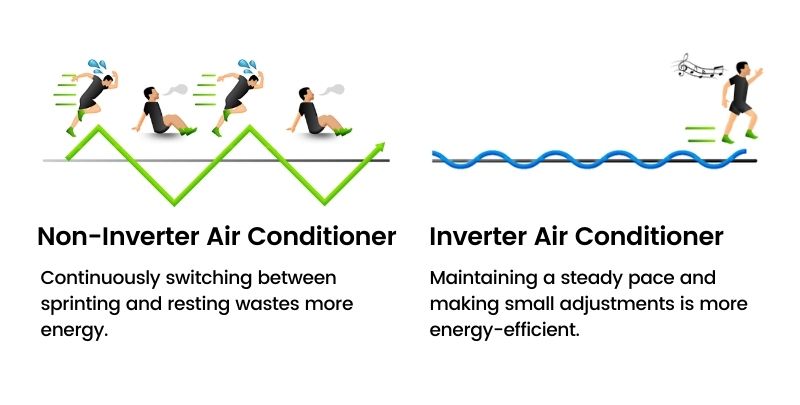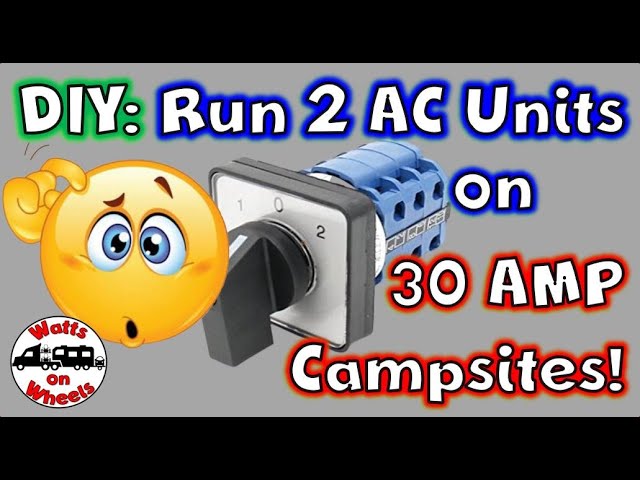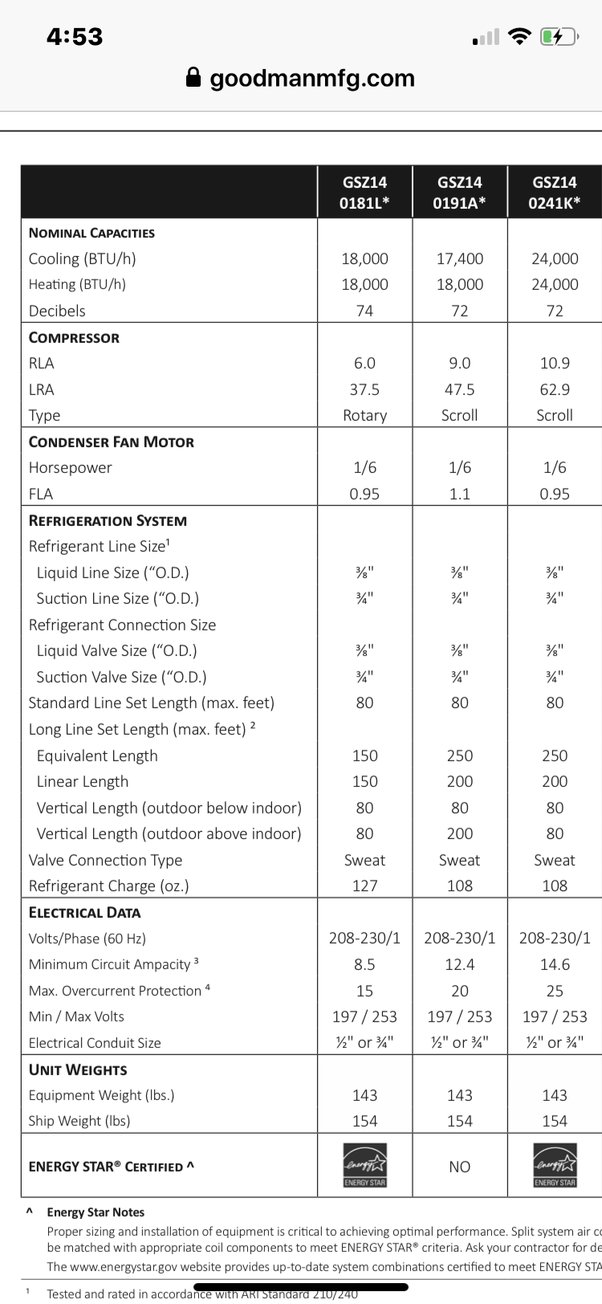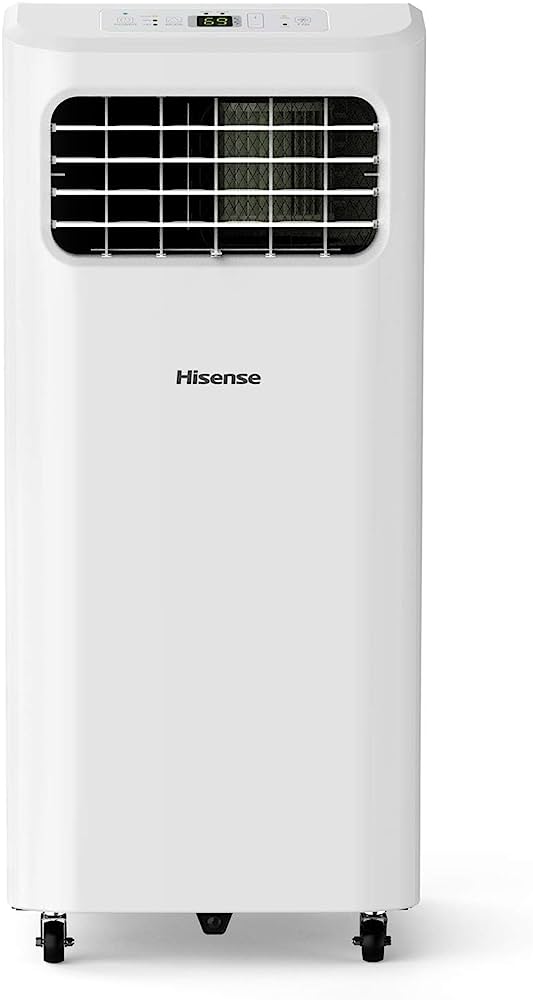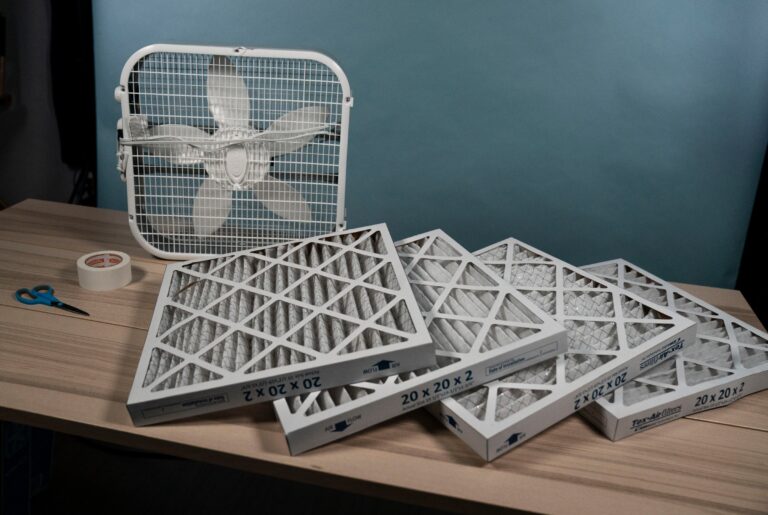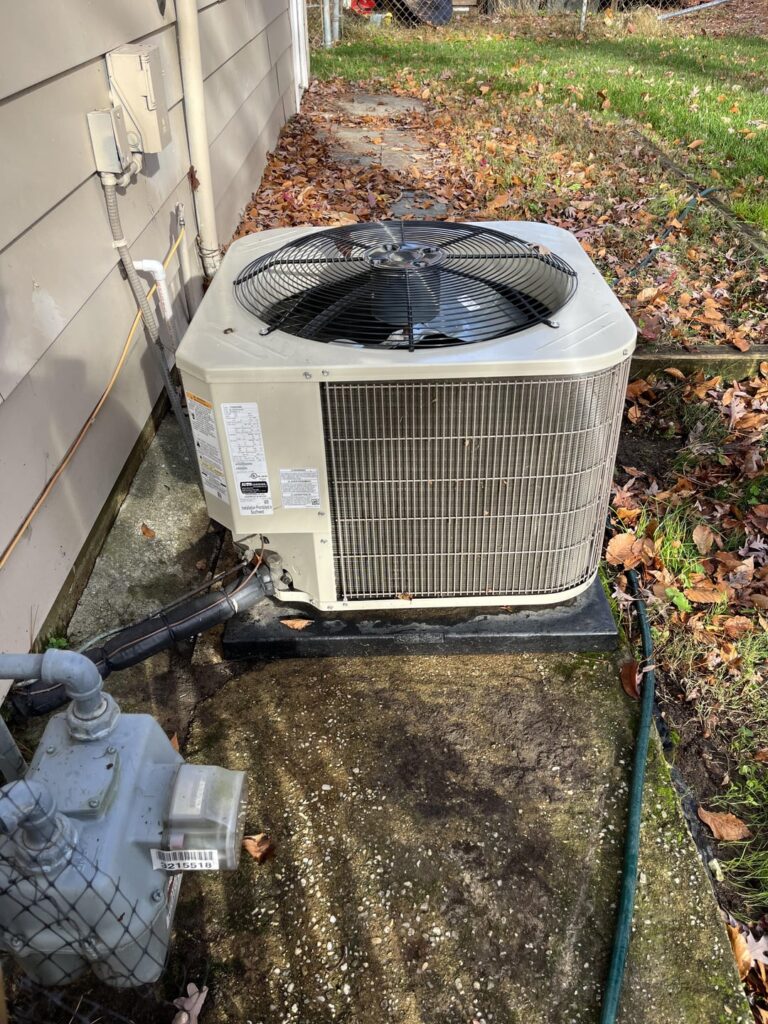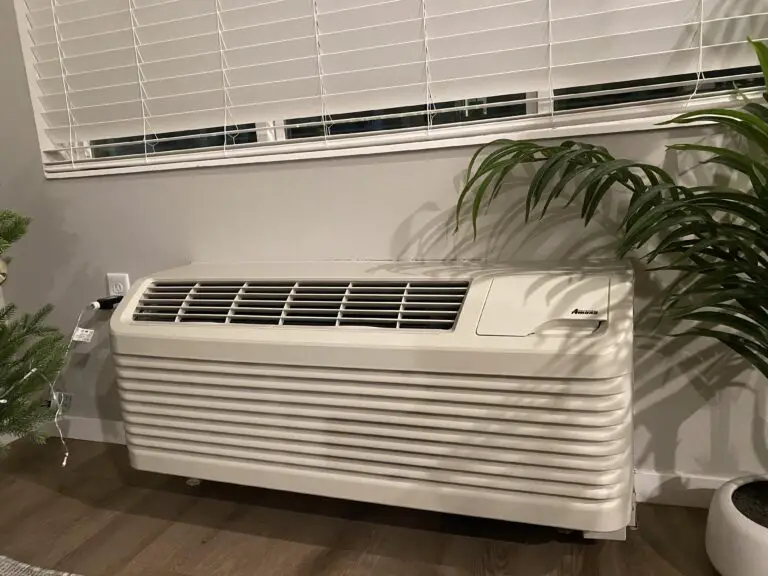What Is The Difference Between An Air Conditioner And An Inverter: Ultimate Guide
An air conditioner cools a room by removing heat. An inverter controls the compressor speed for energy efficiency.
Air conditioners and inverters serve distinct purposes. Air conditioners focus solely on cooling spaces. Inverters, on the other hand, enhance the efficiency of air conditioners by regulating the compressor’s speed. This results in consistent temperatures and reduced energy consumption. Traditional air conditioners operate at fixed speeds, leading to more frequent on-off cycles.
This can cause energy spikes and higher electricity bills. In contrast, inverter technology adjusts to the room’s cooling needs, maintaining a steady temperature and saving energy. Understanding these differences helps consumers make informed choices, balancing comfort and cost-effectiveness in their cooling solutions.

Credit: www.tcl.com
Introduction To Cooling Systems
Cooling systems are essential for maintaining comfortable indoor temperatures. They help in reducing humidity and provide a pleasant environment. There are various types of cooling systems available, but two common ones are traditional air conditioners and inverter air conditioners. Understanding the differences between these systems can help you make an informed choice.
Traditional Air Conditioners
Traditional air conditioners operate in a simple on-off mechanism. They turn on to cool the room to the desired temperature and then turn off. This cycle repeats as the room temperature fluctuates. These units are often less expensive upfront but can consume more energy.
Here are some key features of traditional air conditioners:
- Fixed Speed: The compressor runs at a constant speed.
- Higher Energy Consumption: Frequent on-off cycles use more electricity.
- Less Efficient: They may struggle to maintain a consistent temperature.
Inverter Technology
Inverter technology is more advanced and efficient. Inverter air conditioners adjust the compressor speed to maintain the desired temperature. This leads to better energy efficiency and comfort.
Key features of inverter air conditioners include:
- Variable Speed: The compressor speed adjusts according to cooling needs.
- Energy Efficient: They consume less power over time.
- Consistent Comfort: They provide a more stable indoor climate.
| Feature | Traditional AC | Inverter AC |
|---|---|---|
| Compressor Speed | Fixed | Variable |
| Energy Consumption | Higher | Lower |
| Temperature Control | Less Consistent | More Consistent |

Credit: www.youtube.com
How Air Conditioners Work
Understanding how air conditioners work helps you appreciate their benefits. These devices cool indoor air, providing comfort during hot weather. Let’s explore the basic components and the cooling process of an air conditioner.
Basic Components
Air conditioners consist of several key parts. Here are the main components:
- Compressor: Pressurizes the refrigerant.
- Condenser: Releases absorbed heat outside.
- Evaporator Coil: Absorbs heat from indoor air.
- Expansion Valve: Regulates refrigerant flow.
- Refrigerant: The chemical that cools the air.
- Fan: Circulates air over coils.
Cooling Process
The cooling process begins with the compressor. The compressor pressurizes the refrigerant, turning it into a hot gas. This gas flows to the condenser. In the condenser, the gas cools and becomes a liquid, releasing heat outside.
Next, the liquid refrigerant moves to the evaporator coil. Here, it absorbs heat from indoor air and evaporates into a gas. As the refrigerant absorbs heat, the air cools.
The fan blows this cooled air into your room. The refrigerant then returns to the compressor, and the cycle repeats. This process effectively cools your home, making it comfortable.
Understanding these components and processes can help you maintain your air conditioner better. Proper maintenance ensures efficient cooling and a longer lifespan for your unit.
Inverter Air Conditioners Explained
Inverter air conditioners are advanced cooling systems. They are more efficient and flexible. Unlike traditional ACs, they use variable speed technology. This means they can adjust their cooling output. This results in energy savings and consistent comfort.
Key Components
Inverter air conditioners have several key components:
- Compressor: Adjusts its speed to meet cooling needs.
- Inverter Module: Controls the compressor speed.
- Thermostat: Monitors room temperature and signals the inverter.
- Fan: Distributes cooled air throughout the room.
Variable Speed Operation
Traditional ACs operate at a fixed speed. They turn on and off to maintain the desired temperature. This process consumes more energy.
Inverter air conditioners, on the other hand, use variable speed operation. They can adjust their speed to match the room’s cooling needs. This results in smoother and more efficient operation.
Here is a comparison table:
| Traditional AC | Inverter AC |
|---|---|
| Fixed speed | Variable speed |
| On/Off operation | Continuous operation |
| Higher energy consumption | Lower energy consumption |
With inverter ACs, you get consistent comfort and lower bills.
Energy Efficiency Comparison
Understanding the difference in energy efficiency between a traditional air conditioner and an inverter air conditioner is essential. This helps you make an informed choice for your home or office. Let’s dive into the energy efficiency aspects, focusing on power consumption and cost implications.
Power Consumption
Traditional air conditioners run on a fixed-speed compressor. The compressor turns on and off periodically. This consumes more power as it constantly restarts. On the other hand, inverter air conditioners have a variable-speed compressor. This type adjusts its speed based on the cooling requirement. This results in lower power consumption.
| Type | Power Consumption |
|---|---|
| Traditional AC | High, due to frequent restarts |
| Inverter AC | Low, due to variable speed |
Cost Implications
Traditional air conditioners are generally cheaper upfront. But they lead to higher electricity bills. This is because of their high power consumption. Inverter air conditioners might cost more initially. But they save more on energy bills over time. This makes them a cost-effective choice in the long run.
- Traditional AC: Lower initial cost, higher running cost.
- Inverter AC: Higher initial cost, lower running cost.
Investing in an inverter air conditioner could save you money. This is especially true during hot summer months.
Performance And Comfort
Understanding the difference between an air conditioner and an inverter can enhance your comfort. The performance and comfort features of these devices vary significantly. Let’s dive into key aspects like temperature regulation and noise levels.
Temperature Regulation
Air conditioners operate at a fixed speed. They turn on and off to maintain the desired temperature. This can lead to fluctuations in room temperature. Inverters, on the other hand, adjust their speed based on the room’s needs. They maintain a steady temperature without frequent on-off cycles.
This results in a more consistent and comfortable indoor environment. Inverter technology ensures precise temperature control. This is ideal for those who seek constant comfort.
Noise Levels
Traditional air conditioners can be noisy due to their on-off cycles. The constant starting and stopping can disrupt peace. Inverters run at variable speeds, which reduces noise levels. They operate more quietly, enhancing comfort in your living space.
For a peaceful night’s sleep or a quiet workspace, inverter air conditioners are the better choice. They ensure minimal disturbance while maintaining comfort.
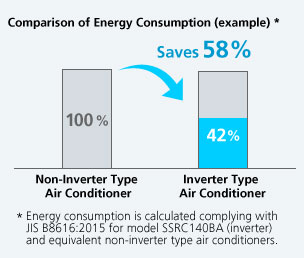
Credit: www.daikin.com
Installation And Maintenance
Understanding the installation and maintenance needs of air conditioners and inverters is crucial. This knowledge helps you decide which system suits your home and lifestyle. Let’s dive into the details.
Setup Requirements
Air conditioners usually need a professional installation. They involve mounting the unit and connecting electrical components. The process might also include installing ducts and vents.
On the other hand, inverter ACs often have more complex installation needs. They require precise calibration to function efficiently. This setup ensures the system adjusts power based on the cooling demand.
Here is a comparison table:
| System | Installation Complexity |
|---|---|
| Air Conditioner | Moderate |
| Inverter AC | High |
Routine Care
Both systems need regular maintenance to function well. Routine care includes cleaning filters and checking the refrigerant levels.
- For air conditioners, clean or replace filters monthly.
- Inspect and clean the outdoor unit periodically.
- Check refrigerant levels annually.
Inverter ACs also need similar care but with additional steps. Since they have advanced components, professional servicing is recommended every six months.
- Clean filters every two weeks.
- Ensure no blockages in the outdoor unit.
- Schedule professional servicing bi-annually.
Regular maintenance ensures both systems run efficiently and last longer.
Pros And Cons
Understanding the pros and cons of air conditioners and inverter ACs can help you decide which is best for your needs. Both types have unique features and benefits, making them suitable for different scenarios.
Advantages Of Air Conditioners
Air conditioners are widely used and have various benefits:
- Cost-effective: Traditional air conditioners are generally cheaper to purchase.
- Simple design: They have a straightforward mechanism, which makes them easy to repair.
- Quick cooling: They can cool a room quickly and effectively.
- Durable: Traditional units tend to have a longer lifespan.
Benefits Of Inverter Acs
Inverter ACs come with modern technology and several advantages:
- Energy-efficient: They consume less power by adjusting the compressor speed.
- Consistent temperature: They maintain a constant room temperature without fluctuations.
- Quieter operation: Inverter ACs operate more quietly compared to traditional units.
- Eco-friendly: They use eco-friendly refrigerants, making them better for the environment.
Comparison Table
| Feature | Air Conditioner | Inverter AC |
|---|---|---|
| Initial Cost | Lower | Higher |
| Energy Consumption | Higher | Lower |
| Temperature Control | Less precise | More precise |
| Noise Level | Louder | Quieter |
| Eco-friendliness | Less eco-friendly | More eco-friendly |
Choosing The Right System
Selecting the perfect cooling system for your home can be challenging. Understanding the difference between an air conditioner and an inverter is crucial. This section will guide you through the decision-making process.
Factors To Consider
- Energy Efficiency: Inverters are more energy-efficient than regular air conditioners.
- Cost: Air conditioners are cheaper upfront but cost more to operate.
- Cooling Speed: Air conditioners cool rooms faster than inverters.
- Noise Level: Inverters operate quieter than traditional air conditioners.
- Maintenance: Inverters may require less maintenance over time.
Making The Final Decision
When deciding between an air conditioner and an inverter, consider your specific needs. Use the table below to compare key features.
| Feature | Air Conditioner | Inverter |
|---|---|---|
| Energy Efficiency | Lower | Higher |
| Initial Cost | Lower | Higher |
| Cooling Speed | Faster | Slower |
| Noise Level | Louder | Quieter |
| Maintenance | Higher | Lower |
Assess the features that matter most to you. Make an informed choice based on your priorities. Remember, energy efficiency and cost are crucial factors.
Frequently Asked Questions
Is Inverter Ac Better Than Regular Ac?
Yes, inverter ACs are better than regular ACs. They offer energy efficiency, consistent cooling, and lower electricity bills.
What Is The Disadvantage Of An Inverter Ac?
Inverter ACs are more expensive upfront. They require specialized maintenance and repairs, which can be costlier.
What Is The Difference Between An Inverter Air Conditioner And An Air Conditioner?
An inverter air conditioner adjusts its compressor speed to save energy. A regular air conditioner runs at a fixed speed.
Conclusion
Choosing between an air conditioner and an inverter depends on your needs. Air conditioners provide consistent cooling. Inverters are energy-efficient and adjust to temperature changes. Understanding these differences helps in making an informed decision. Select the option that best suits your lifestyle and budget for optimal comfort.

